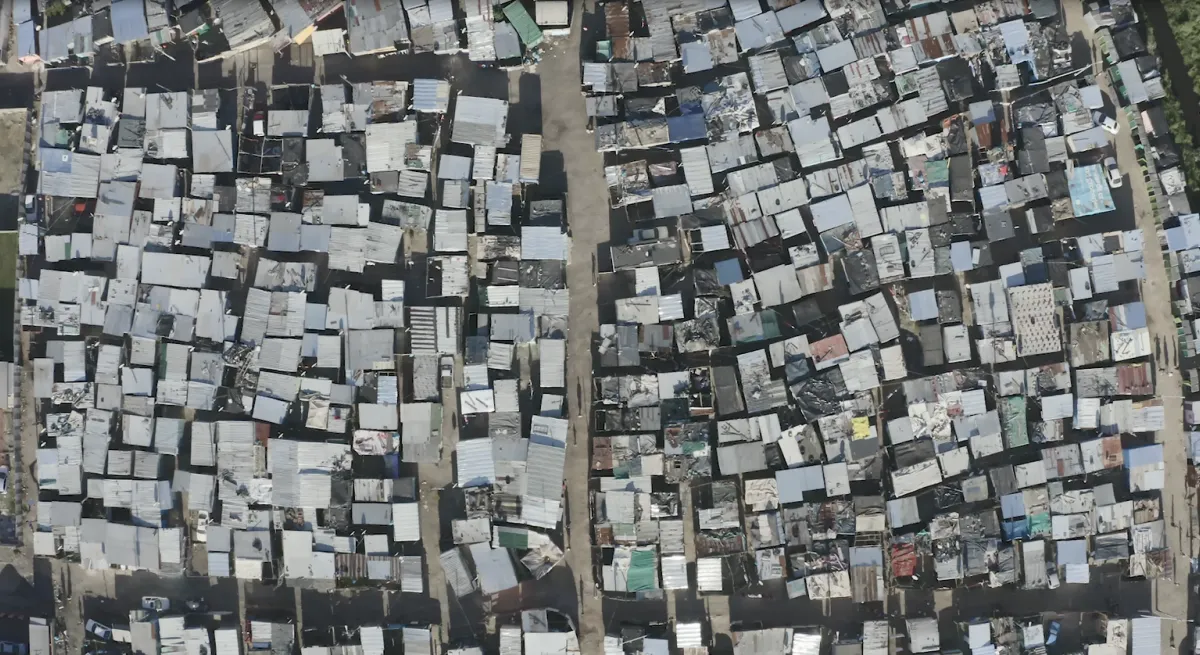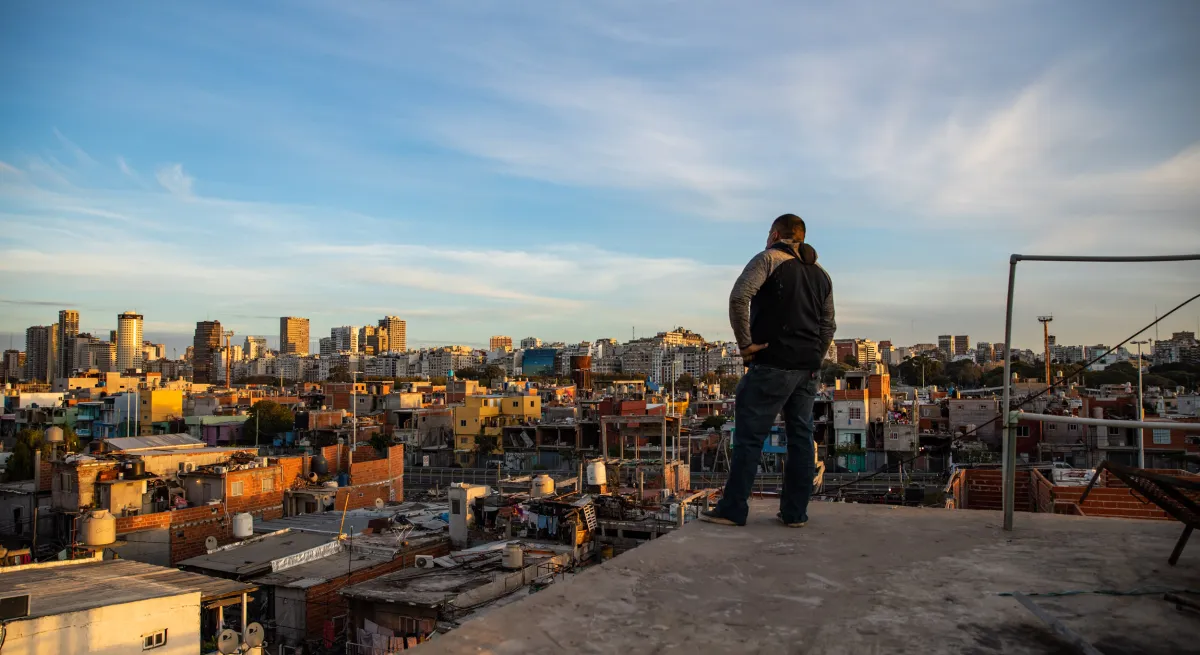
In our daily work, we speak with advantaged and disadvantaged across the world. People who stopped pointing fingers and started taking action, and people in search of the right moment and cause.
The question we ask them is: WHY do we have to act? While answers can vary, the bottom line remains the same: because it is the right thing to do.
As simple as that.

Inequality operates like debt
As human beings, we all aim for safety and peace in our life. Whether we are more extroverted and made to be gregarious and connected, or whether we lean more to the introverted side: We all long for a society in which relationships are based on trust and mutual collaboration. A society in which everyone has the means to contribute his/her best for the whole community to flourish.
Such a scenario becomes viable when everybody within the community can access the basic assets and equal opportunities to live healthily, learn, contribute, prosper and grow.
Inequality is an injustice, and it hurts the dignity of the poor and the rich. It is unhealthy for us.

Quite simply, inequalities are a severe threat to economic growth, social and political stability. If humankind yields to the current trends in wealth inequality, societies cannot flourish.
On the contrary, it is proven that greater income equality can increase the duration of countries’ economic growth spells more than free trade, low government corruption, foreign investment, or low foreign debt.[1]
In today’s world, we are all interconnected. But divided, we lose. When we share the burdens rather than leaving them to the disadvantaged, we grow strong to mutually tackle the challenges we face. Only then can we confront the threats of climate change, the pandemic and other global challenges. Reducing wealth inequality is a necessity for us to succeed – both within a country and internationally.
While key structural solutions belong to policymakers, multi-stakeholders’ actions and networks have a key role to play. The Wealth Inequality Initiative’s goal is to awaken interest, circulate knowledge, mobilise stakeholders and drive action against wealth inequality.
We believe in the power of network and collaboration and want to inspire change through the lives and learnings of role models who are making the difference.
We cannot achieve sustainable development and make the planet better for all if people are excluded from opportunities, services, and the chance for a better life.
